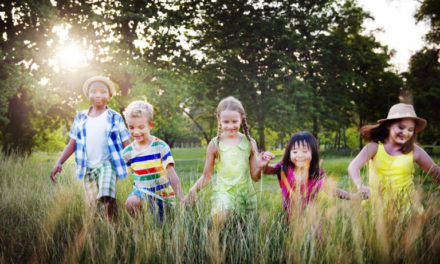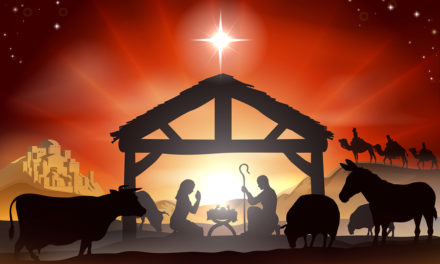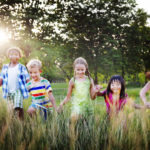Many of you that know us are aware that we often have teenagers living in our home, and many more that regularly drop by the house. We have found the investment is substantial, but the rewards are really special. We view all of these as our kids even though many of them have families of their own. Our goal is not to replace their parents but to be a part of a process that has been lost in American culture.
The phrase “It takes a village to raise a child” did not stop being true in 21st Century America. It is as true today as it was thousands of years ago. I shake my head as I listen to capable, intelligent adults share their dismay with the youth today. These same people feel that their responsibility ends with their own kids. How did we get here?
I believe there are three significant reasons we have arrived in this place, there are likely countless others. The first is the confidence America had in our society after WWII. Many felt we had arrived and that the systems in place for public education, social services, etc, were enough. It seems to me that an entire generation after WWII stepped away from raising their kids and allowed society to do so.
We saw this happen in churches as well. Through those same generations, parents stopped reading the Bible with their kids at home and transferred the responsibility for training their kids to Sunday School. In general there was a pattern of relaxing, trusting the systems that were in place, and focusing efforts on career and personal pursuits.
The second reason I have observed, which continues to intensify today, is the relentless push of information into our lives. To be on top of a profession you have to take in mountains of information compared to the early 20th century. This process started in the 1950’s and 1960’s and escalated aggressively in the 1990’s when we truly entered the information age. This demand on individual mindshare has caused us to shrink our circle of responsibility.
The third reason is fear. It is very easy to give into the fear of being taken advantage of, even stolen from. This is a real possibility when you take expand your purpose to kids outside of your family. There is also a fear of consequences on our own children. I can personally validate that they are exposed to things you would rather them not be exposed to, but they learn how to handle it in a responsible way. I think of it as training. There is also the simple fear of rejection. It makes you vulnerable to engage on a meaningful level with others.
I define our circle of responsibility differently than our circle of influence. Our circle of responsibility includes those people in whom we are invested in the outcome of their lives. Our circle of influence includes all those that we impact but we are not necessarily invested in. It was not many generations ago that grandparents lived with their kids and grandkids, people took time to work with their neighbors, communities gathered to build barns and churches. People would also view the youth in their  community as part of their responsibility. Youth were spoken to by adults in generations past, not ignored as they walked by. I have read this described in an interesting way recently by Dr. Robert Putnam in his book on education “Our Kids”.
community as part of their responsibility. Youth were spoken to by adults in generations past, not ignored as they walked by. I have read this described in an interesting way recently by Dr. Robert Putnam in his book on education “Our Kids”.
In the mid 20th century when we said “our kids” in America we referred to the kids across our local community. There was a shared feeling of responsibility and an understanding that young people respond to relationship more than to “social norms”. Today the term “our kids” means the children that we produced directly, our biological or adopted children. This shift has radical implications. If we can go back to the definition from earlier in our history as a nation, I think we can truly make a difference.
This is one of the reasons we do what we do: we really do view the kids of our community as partly “ours”. This hits home with me every year at the high school graduation ceremony. Every year I get to see the faces of all the graduates as I hand them their diplomas. Actually knowing many of them, having them smile proudly at me, give me a hug, or simply look me in the eye and nod, is quite rewarding. It also sobers me when I see those that I do not know wandering the community, obviously looking for purpose.
I believe if we all started to view the young people in our community as “our kids” they would respond well. They are hungry for adults to invest in them, looking for genuine, healthy relationship. We can do this by volunteering, coaching, even just making eye contact and saying hello. Lets have more than predators be the ones pursuing our youth. If we could take back the responsibility as “the village”, the future would look a bit brighter. We might learn something about ourselves as well.








